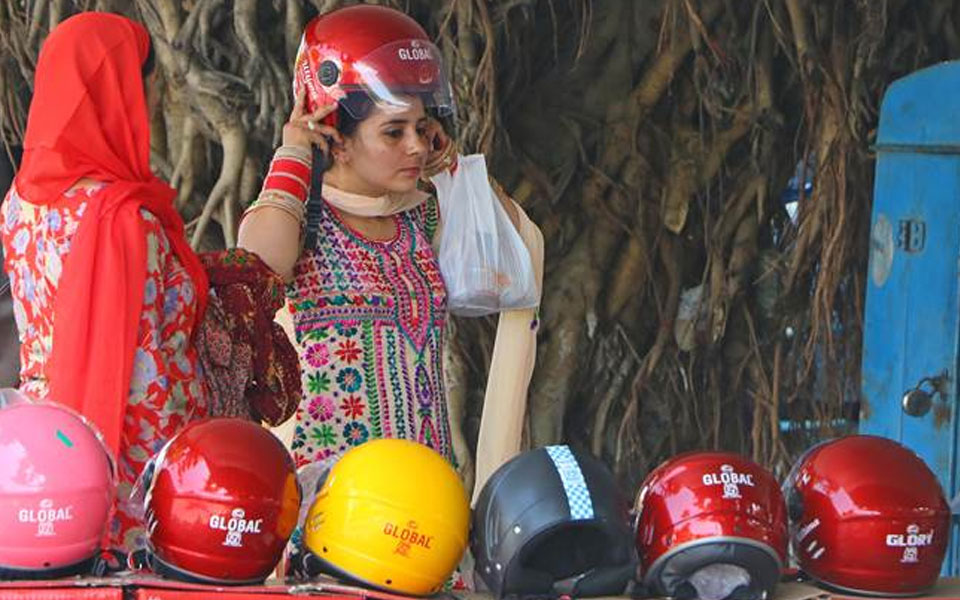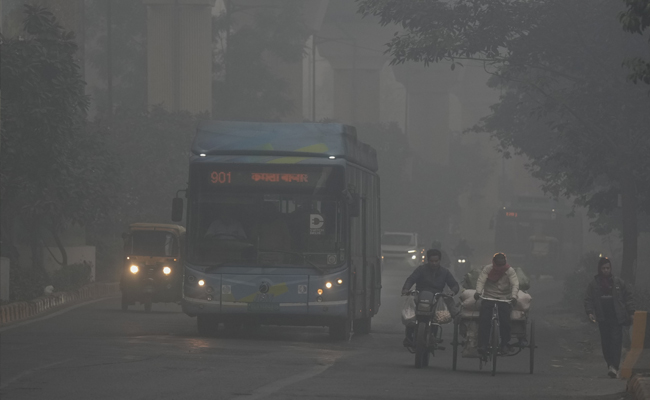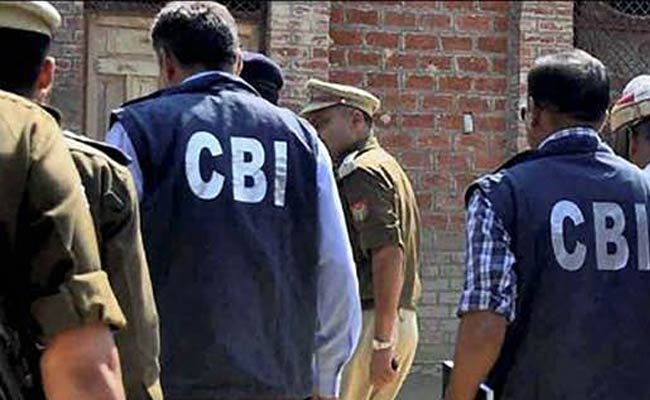New Delhi, Oct 17 : Wearing of helmet by Sikh women in Chandigarh has been made optional, the Home Ministry said Wednesday, a week after it had completely exempted them from wearing the protective head gear.
The Union Territory administration of Chandigarh has been advised that it may be made optional for Sikh women, riding a two wheeler or sitting pillion, to wear protective head gear, as per the extant practice in Delhi, a Home Ministry official said.
Last week, the Home Ministry had advised the Chandigarh administration to exempt the Sikh women from wearing protective headgear (helmet) while driving or sitting pillion in two wheelers in Chandigarh.
The Delhi transport department through its notification issued on June 4, 1999 carried out the amendment in Rule 115 of Delhi Motor Vehicle Act 1993, making it optional for women "whether riding on pillion or driving motorcycle to wear a protective headgear".
The Rule was further amended, vide notification August 28, 2014 as in the Delhi Motor Vehicle Rule 1993, in Sub-Rule 115 for the word "Women", the word "Sikh Women" shall be submitted.
Wearing helmet by Sikh men is also not mandatory across India.
Let the Truth be known. If you read VB and like VB, please be a VB Supporter and Help us deliver the Truth to one and all.
Khunti (PTI): Six persons have been arrested for allegedly abducting a West Bengal-based businessman and his associate in Jharkhand's Khunti district and demanding a ransom of Rs 10 lakh, police said on Sunday.
The incident occurred on Friday in Tilmi area under the jurisdiction of Jariyagarh police station. Upon receiving information, police rescued both victims, they said.
Torpa Sub-divisional Police Officer Christopher Kerketta said, "We have rescued both the victims and arrested six people for their alleged involvement in the crime."
The businessman, identified as Haru Mukherjee (65), had come to the house of his associate, Vijay Oraon (40), to recruit labourers for work at a brick kiln.
The accused hail from different parts of Khunti, and police also seized a four-wheeler, three motorcycles, and five mobile phones from their possession, the officer said, adding an FIR has also been registered and further investigation is underway.





